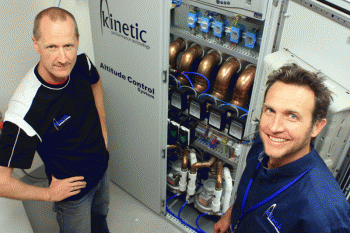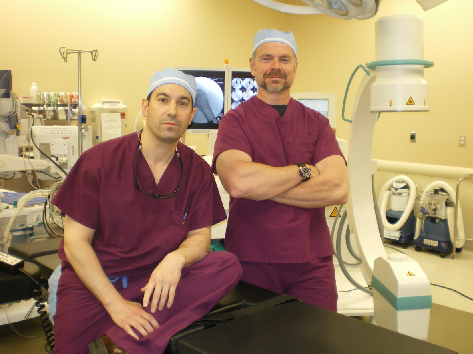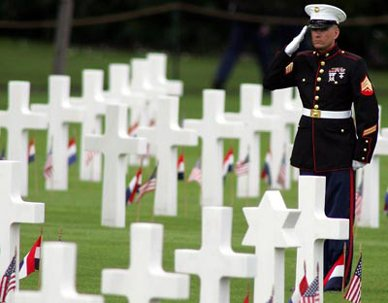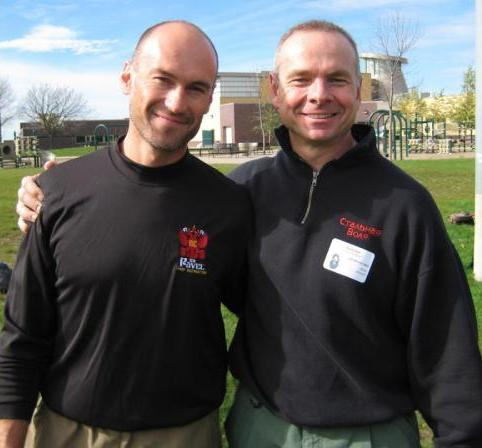by Carl Valle

I decided to interview Rob Shugg from Kinetic Performance after hearing a few new definitions of what power is, and felt that we needed more sport science tools to help the performance community understand how to develop power in team sports. Track and field is very objective, but the methodologies tend to be cloudy. I wanted to get Rob's opinion on the matters of true development and monitoring of elite sport as he has many years with the Australian Institute of Sport and in the private sector with technology and performance. The BSMPG is the first conference in the US to promote Gymaware and Kinetic Performance as technology and data is becoming more and more important to help teams find the winning edge.
Most of the US professional and college teams are familiar with linear transducers for measuring power, could you expand on the differences between Gymaware and the Tendo system, specifically with the advanced analytics and cloud benefits.
First I’d like to give your readers a quick outline of the GymAware components:GymAware Power Tool - A linear transducer that connects via bluetooth to an iPad, iPod Touch or iPhone.
iOS apps:
GymAware Lite App - a stand-alone weightlifting analyzer app withextensive training, feedback and plotting functions.
GymAware App - a cloud-connected weightlifting analyzer app offering online data and athlete management.
GymAware/Kinetic-Athlete cloud analysis server - a web based account for managing and analysing Power Tool and other athlete performance data.So as you can see, while the Power Tool and the Tendo weightlifting analyser are both linear transducers, only GymAware offers a complete athlete performance stack, from data collection to athlete performance management. You canstill use the Power Tool like you use the Tendo unit to motivate and train athletes, but in addition you can start to look at[other variables] like dip and lift profile to improve technique.
The GymAware Power Tool has evolved through 5 different models over the last 10 years with each new release improving accuracy and usability. There is a good comparison [here] between the latest Power Tool and the Tendo Power and Speed Analyzer. To talk about the benefits of the cloud server and advanced analytics, you first need to look at system accuracy as this is fundamental to the success of the advanced features.The high accuracy of the Power Tool opens up new opportunities in preparing athletes for competition. With high accuracy you can look for more subtle changes over time that give you real insight into the state of the athlete.
Power is often pursued by teams, could you look at how power can act as a marker of both performance and fatigue with team sports? Currently Benchmarks and profiling seem to be important for individualization.
There’s no doubt that power is a key factor in producing game winning performances, and power profiling to optimize power training plays a vital role in any professional team. But recently in Australia, regular (3 to 5 times per week) power and/or velocity monitoring has proved to be a very reliable way of monitoring for fatigue. At last year’s ASCA conference Dr Kristie Taylor suggested that we should
Other performance managers have reported to us that the Power Tool measurements are so sensitive that they can see slower power recovery after games played at a particular stadium known to have a hard playing surface. Regular monitoring with GymAware adds a completely new dimension to the knowledge available to the sports performance professional.
Kinetic Athlete is not new to player monitoring, why does Kinetic Performance's experience make you a leader in player management? I think to answer this you need to look at environment that lead to the development ofGymAware.
Click HERE to continue reading...
Learn more about this new technology along with the most advanced health and performance monitoring tools currently available at the 2012 BSMPG Summer Seminar - May 19/20th.








